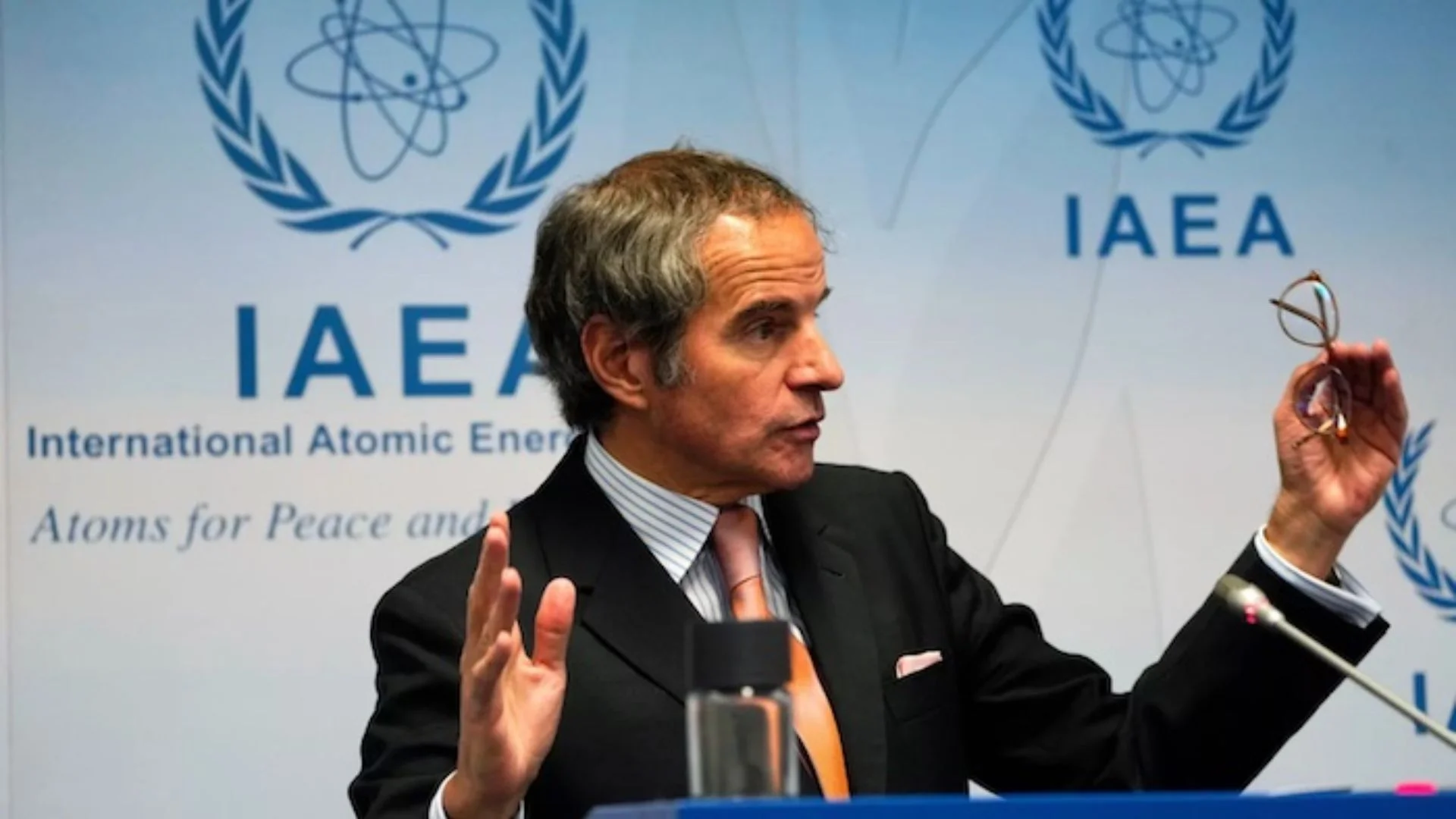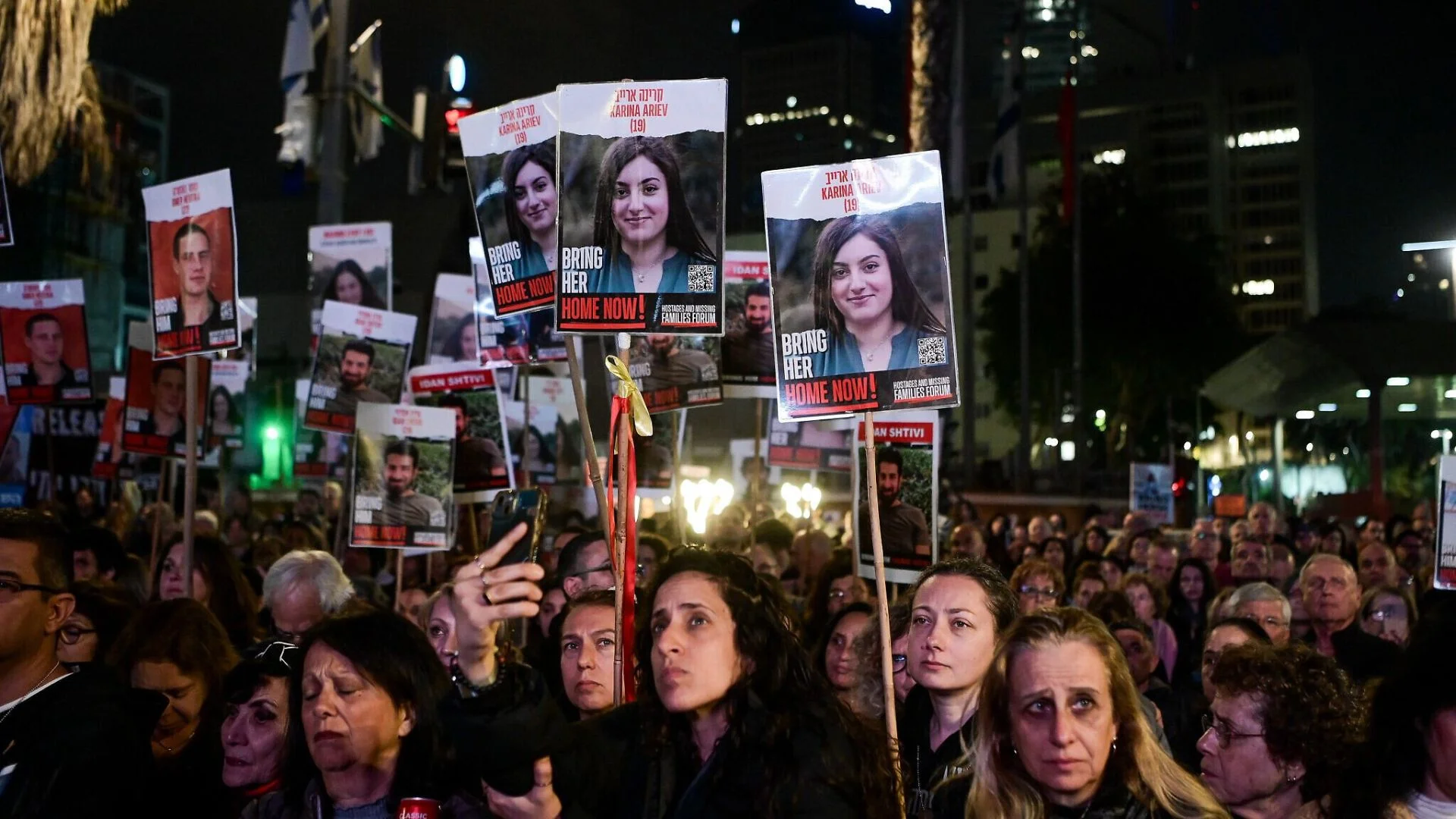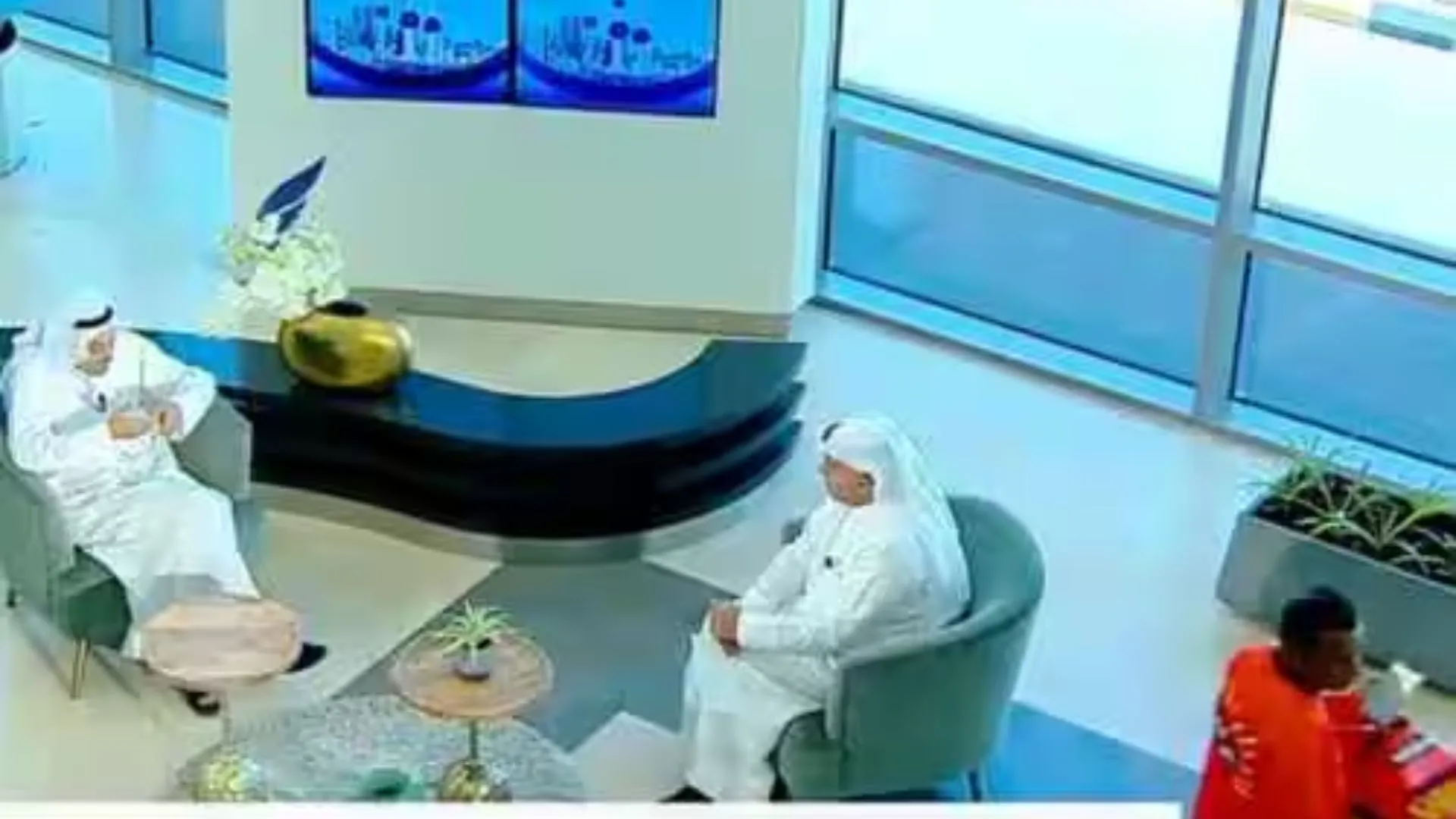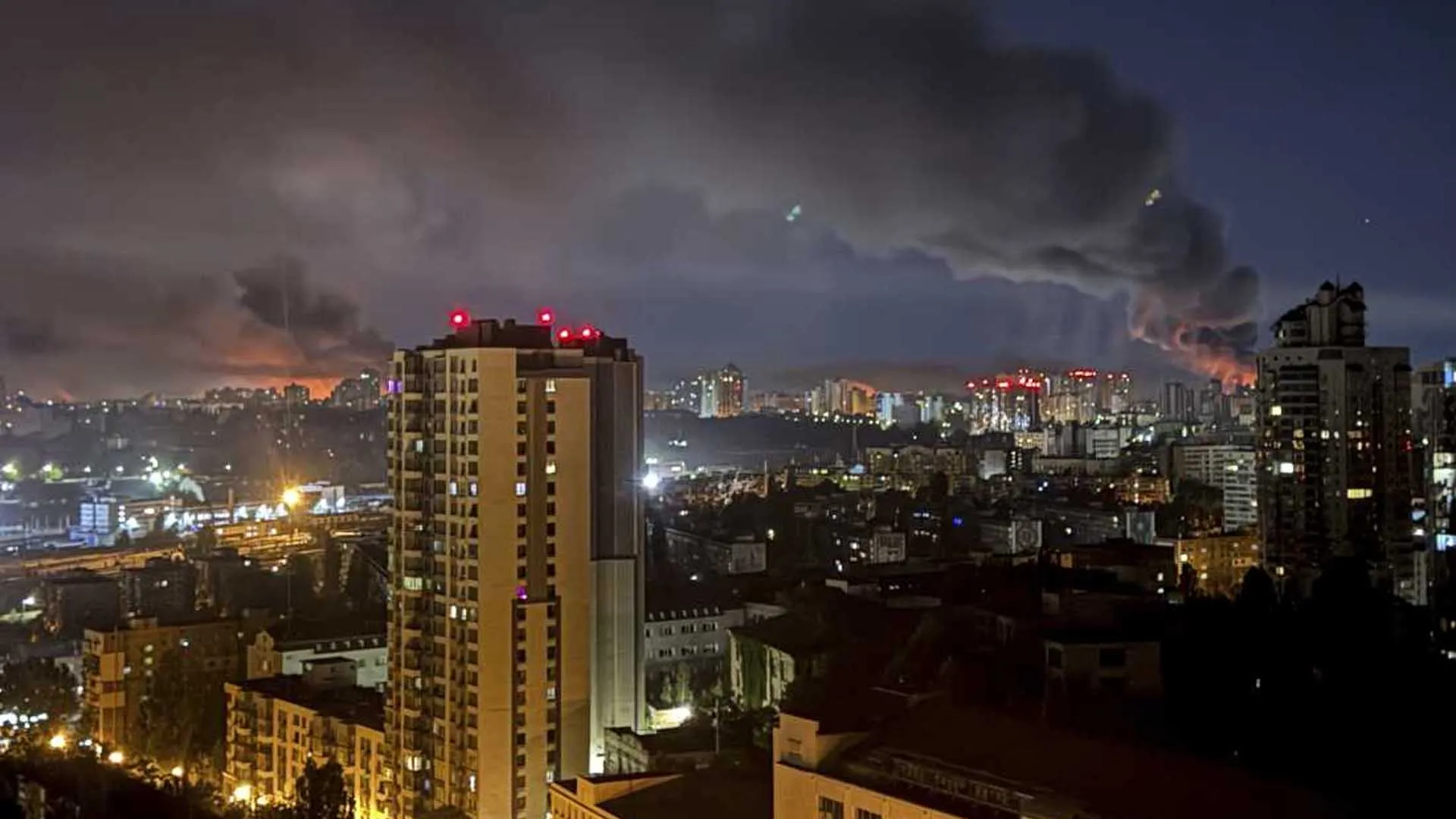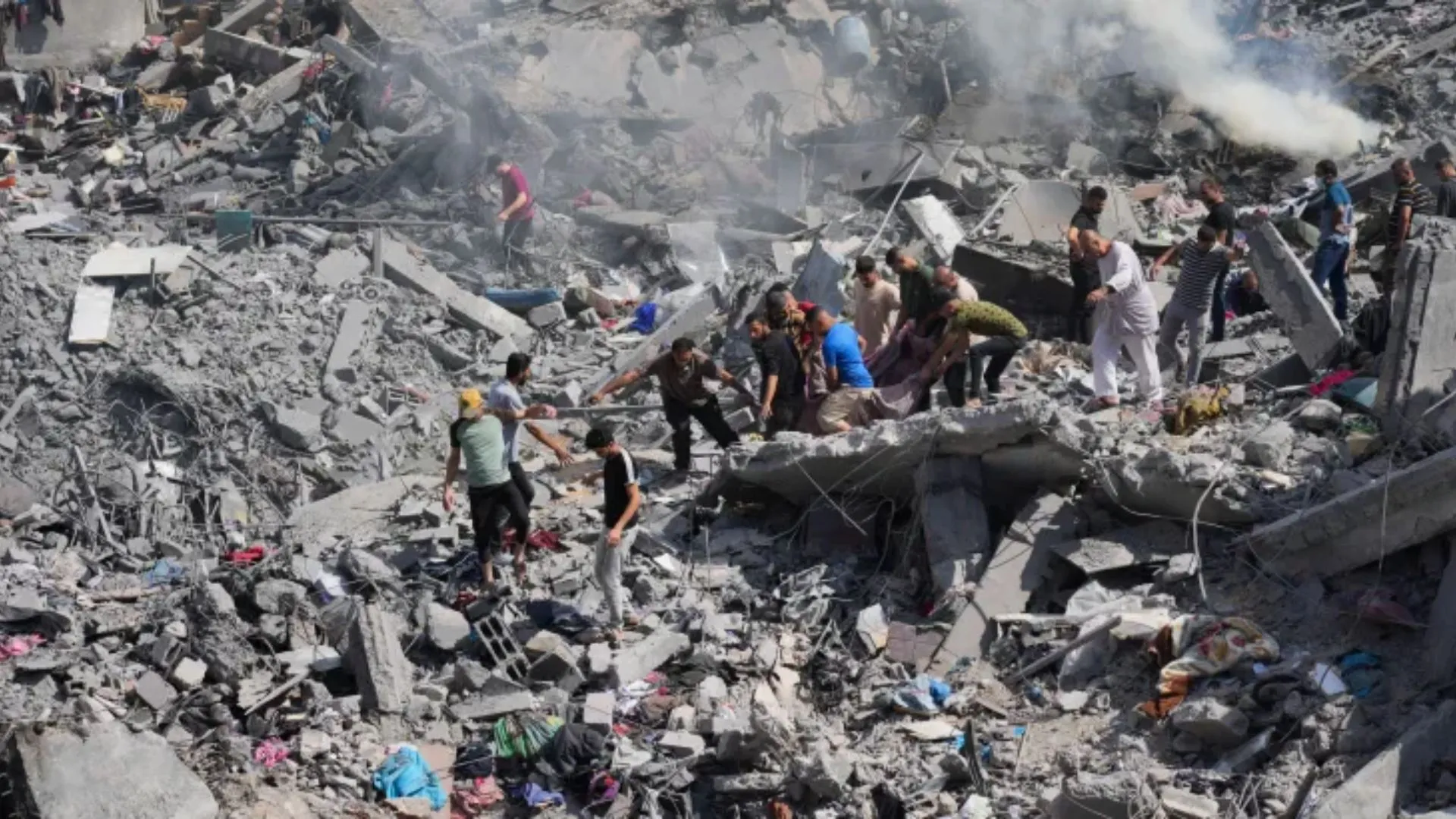Head of the International Atomic Energy Agency, Rafael Grossi, reported that recent American airstrikes on Iran did not cause complete destruction to its nuclear facilities, contrary to President Donald Trump’s claim that Iran’s program was backpedaled decades.
Grossi, in an interview with CBS’s Face the Nation, said Iran still had the ability to resume uranium enrichment “within months,” emphasizing that key industrial and technological infrastructure remain intact. His evaluation is consistent with initial reports from the Pentagon’s Defense Intelligence Agency, which determined that although the attacks were damaging, Iran’s nuclear core components remain by and large functional.
The U.S. attacked three major Iranian nuclear facilities in an 12-day war that opened with an Israeli attack to stop Tehran’s nuclear drive. Trump boasted the attacks “obliterated” Iran’s abilities, but U.S. military leaders have yet to come up with definitive proof to back this up.
Grossi reiterated that though the IAEA had a firm grasp on Iran’s declared sites, there remained some essential questions unanswered. There were indications of enriched uranium in undeclared sites, and Iran had not provided credible justifications.
IAEA’s head also confirmed Iran’s cooperation before the conflict but emphasized its recent lack of transparency. Iran’s parliament meanwhile approved a bill suspending cooperation with the UN nuclear watchdog and now officials consider withdrawing from the Non-Proliferation Treaty (NPT), causing fears of nuclear escalation.
Even if Trump’s assertion that enriched uranium wasn’t relocated prior to the attacks, Grossi figured it was sensible to suppose that Iran would have taken prudent measures. He again emphasized the need for the restoration of IAEA access to Iranian facilities for maintaining international oversight.
Speculation and military interventions cannot replace verifiable inspections and diplomatic ways, Grossi cautioned.

